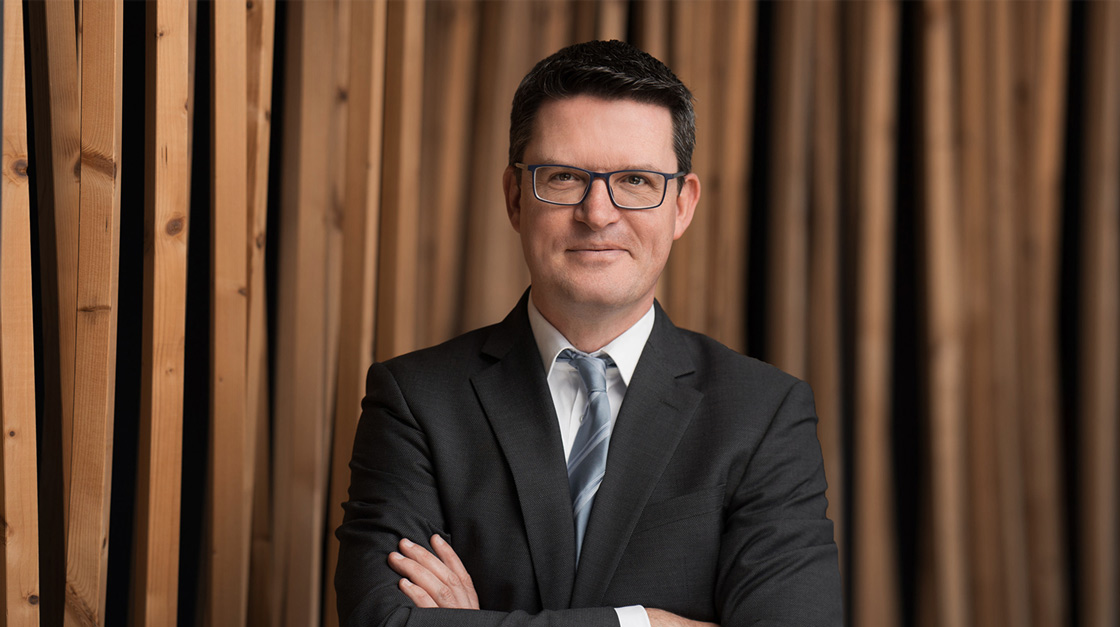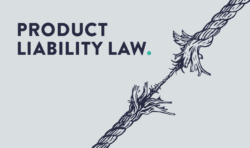In terms of product law, the focus in civil and competition law will continue to be on the issues of “green claims” and “greenwashing”. In 2025, it will be important to keep an eye on the implementation of the EmpCo Directive and the further legislative development of the Green Claims Directive. In addition, the establishment of the “Commercial Courts” as special commercial law courts will be on the agenda in Germany for 2025.
A. EmpCo and Green Claims
The “Directive on empowering consumers for the green transition through better protection against unfair practices and through better information” (EU) 2024/825 (ECGT/EmpCo) entered into force on 26.03.2024. The directive amends the Unfair Commercial Practices Directive (2005/29/EC) and the Consumer Rights Directive (2011/83/EU) and, in short, sets out significantly stricter requirements for statements on the environmental characteristics of products and companies. As the new law will apply from 27.09.2026, the German government has already published a corresponding draft amendment to the national UWG.
The complementary “Green Claims Directive” (draft available here), on the other hand, has not yet been adopted. According to the draft, among other things, green claims without a detailed assessment of the content to substantiate the respective claim are to be forbidden (see the planned content in detail in our previous blog-post in 2024). The trilogue negotiations are set to begin in the first half of 2025, meaning that the Directive is not expected to enter into force until the end of the year at the earliest. As things stand, national implementing legislation is therefore not expected to come into force before 2028.
In future, the legality of environmental claims will not only need to be assessed from the implementation of EmpCo and the Green Claims Directive, but also from specific legislation in some cases. For example, Art. 14 of the European Packaging and Packaging Waste Regulation contains special provisions on environmental claims regarding packaging properties (see here), which are likely to apply after the end of the transition period from 2026.
B. Right to Repair
With Directive (EU) 2024/1799, which came into force on 30.07.2024, the European legislator has issued provisions on the right to repair goods beyond warranty law, which must be transposed into national law by 31.07.2026. Here, too, corresponding implementation initiatives can be expected in the course of 2025.
C. Civil procedure law
In July 2024, the Bundestag passed the Act to Strengthen Germany as a Location for Justice (see the text of the law here) which introduces commercial courts and English as the court language in civil jurisdiction, coming into force on 01.04.2025. The Act empowers the federal states to establish “Commercial Courts”, i.e. special courts for conducting commercial disputes.
The commercial courts are located at the higher regional courts and are to rule on commercial law disputes with an amount in dispute of EUR 500,000.00 or more. Referral requires the agreement of both parties. Specifically, the courts have jurisdiction over civil law disputes between companies (with the exception of disputes relating to industrial property rights, copyright and claims arising from unfair competition law), disputes in connection with the purchase of a company (or shares) and board disputes. The proceedings can be conducted entirely in English if the parties agree.
Another special feature of the Commercial Courts is the abbreviated appeal procedure: an appeal to the Federal Court of Justice (Bundesgerichtshof – BGH) can be lodged as early as the second instance; admission is not required in this respect.
The introduction of the new Sec. 273a ZPO (German Code of civil procedure) with the same Act is also of relevance. With this, the possibility of protecting trade secrets is now generally regulated in the ZPO. The prerequisite for this is that the relevant fact is a trade secret within the meaning of Sec. 2 no. 1 of the Act on the Protection of Trade Secrets. With regard to the legal consequences, reference is made to Sec. 16 to 20 of the Act on the Protection of Trade Secrets. Accordingly, all actors involved in the proceedings, i.e. not only the parties but also witnesses and experts in particular, must treat confidential information confidentially; this obligation continues to apply even after the end of the proceedings. Violations can be punished by the court with fines of up to EUR 100,000.00 or, in the worst case, with imprisonment for up to six months. Third parties who are granted access to the file in such proceedings will only be provided with the contents of the file without the statements containing the trade secrets. Finally, it is worth mentioning that these provisions will not only apply to new proceedings initiated from 01.04.2025, but will also explicitly apply to proceedings already pending on the cut-off date in accordance with the likewise newly introduced Sec. 37b EGZPO.
There are also some other minor changes that are significant for civil proceedings. For example, the Postmodernization Act amended Sec. 270 ZPO with effect from 01.01.2025, according to which informal notifications by the parties in civil proceedings are deemed to have been received four days after they have been posted. In contrast, the (pure) online procedure (draft law available here) for claims for payment of a sum of money before local courts, which is still in the legislative process, is unlikely to play a significant role in product law procedural practice. The same applies to the planned increase in the amount in dispute for the local courts from EUR 5,000.00 to EUR 8,000.00 (draft bill here).
Do you have any questions about this news or would you like to discuss it with the author? Please contact: Dr. Florian Niermeier and Dr. Dominik Strobl







